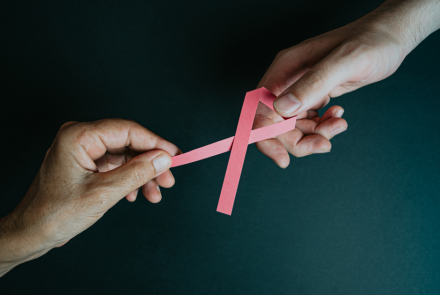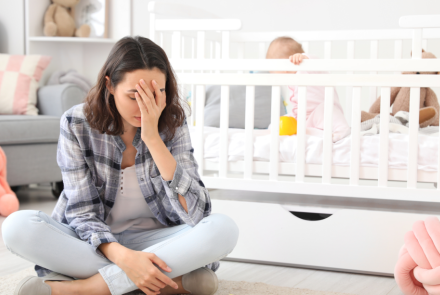When is the best time for girls to start visiting a gynecologist? The answer depends on several factors, including the age when they start menstruating, says Olga Tusheva, MD, an obstetrician-gynecologist with Highland Medical, P.C., OBS-GYN of Rockland.
The American College of Obstetricians and Gynecology recommends young women have their first visit between the ages of 13 and 15. They may want to visit a gynecologist earlier if they have started menstruating and have questions about their period, cramping or other related issues, Dr. Tusheva says.
Some girls may be nervous about their first exam because they don’t know what to expect. Parents can tell their daughters the visit isn’t just a physical exam. The gynecologist can provide accurate and confidential information about sex, sexuality, a young woman’s changing body, and menstruation. The doctor can also discuss pregnancy prevention, sexually transmitted diseases, and healthy lifestyles such as not smoking or drinking. “I ask parents to step outside before I start talking with a patient,” Dr. Tusheva says. “That way she can ask questions she might not be comfortable asking in the presence of her parents.”
The doctor will ask about a girl’s medical history, including how long she has been menstruating. The doctor will do a general physical exam, including measuring weight, height, and blood pressure, as well as an external genital exam. For girls who have not been sexually active, the first exam will not include an internal pelvic exam unless they are having problems, such as abnormal bleeding or pain.
An important part of the visit is answering any questions a young woman may have. Common questions teen girls ask Dr. Tusheva include:
When do girls usually start menstruating?
Many girls start menstruating between the ages of 9 to 11, but some don’t start until several years after that. If a teen hasn’t gotten her period by the age of 15, she should be examined by a gynecologist.
Is my period normal?
In general, most girls have a period that lasts three to seven days. “It’s a continuum—everyone is different, and it’s important to discuss specific concerns with a gynecologist instead of going by a friend’s experience,” Dr. Tusheva says.
Are my cramps normal?
It’s common to have some degree of discomfort during your period. If the pain is bothersome, it’s fine to take over-the-counter pain medications such as Motrin, Aleve, or Tylenol. If cramps are causing you to miss school or activities, if you’re saturating a tampon in less than one hour, or if you feel dizzy, lightheaded, or pale (signs of anemia due to significant blood loss), see your gynecologist.
What are my options for birth control?
Birth control pills and IUDs are popular methods of birth control for sexually active young women. Birth control may be prescribed for reasons other than preventing pregnancy, such as treating painful or irregular periods, endometriosis, or even acne.
“There’s no one birth control method that’s best for everyone,” Dr. Tusheva says. “The best method for each young woman depends on her preferences, her particular situation and the reason we’re prescribing it.”
Should I be tested for a sexually transmitted disease?
Signs of a sexually transmitted disease (STD) include pain in the genital area, abnormal discolored discharge or skin lesions in the genital area. Any of these need to be evaluated by a gynecologist.
“It’s important for a young woman to feel comfortable asking her gynecologist any questions she may have, from how to use a tampon to whether she could be at risk of an STD,” Dr. Tusheva says. “There’s no question the gynecologist or nurse hasn’t heard before, and it won’t be shared with anyone else.”






